On May 5, 2001, when the Condominium Act, 1998 came into force, it created the real estate entity known as a Parcel of Tied Land (“POTL”). A POTL is a freehold parcel of land, or a standard condominium unit, which is inextricably tied to a share in a Common Elements Condominium (“CEC”). The POTL is “tied” to the share in the CEC in the sense that the owner must transfer or mortgage them together.
|
Buying a property requires substantial financial and emotional investments, which can make it a very difficult decision. When purchasing a property, you will need to decide if you want to buy a condo or a house. While condominiums are often tempting due to their price, it is still generally advisable for most to buy a house. Houses retain their value, have significantly more freedoms, and don’t carry monthly maintenance fees. There are various types of properties you can buy in Canada. In each case, you are responsible for making the mortgage payments as well as paying the bills for your specific unit
(for example, property taxes and utilities such as electricity, gas, water, etc). Bylaws are local municipal rules and regulations that vary across Canada. You are responsible for following these bylaws in the care and maintenance of your property. Below is a list of several housing types. Condominiums Condominiums are a form of ownership that can apply to almost all types of housing. While condominiums are generally found in apartment buildings, other types of properties, for example, townhouses, may also have a condo ownership model. You own the unit, or “condo”, but you do not own the land it is built on or any common space outside your unit. You are charged monthly “condo fees” to maintain indoor and outdoor common areas shared by the condo owners, including parking areas, elevators, carpets, front entrances, and any recreation facilities. These monthly fees can vary widely and are in addition to your mortgage payments. Each condominium property has rules the owners of each unit must follow. Condo owners form a “condo corporation,” or members association, and elect members to their Board. This condo corporation’s committee members or Board meet to decide on issues related to the building and its unit owners, for example, whether or not the units can be rented out to non-members and if pets are welcome I have got these contact information about home and commercial building maintenance from Toronto Real Estate Board. You can download them for your file record.
|
Article CategoriesArchives |

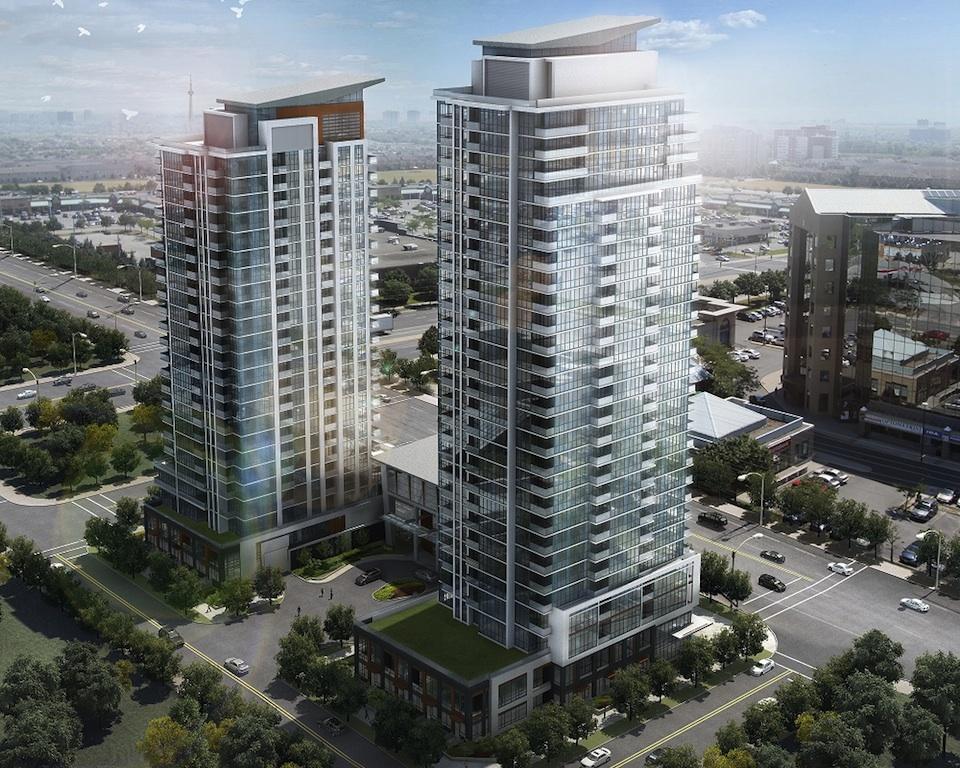
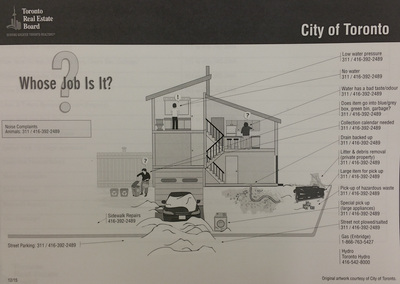
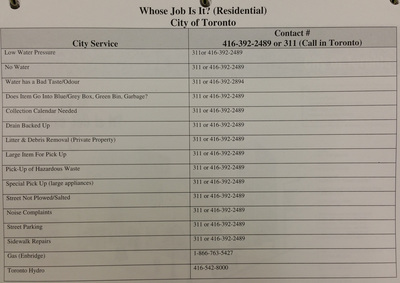
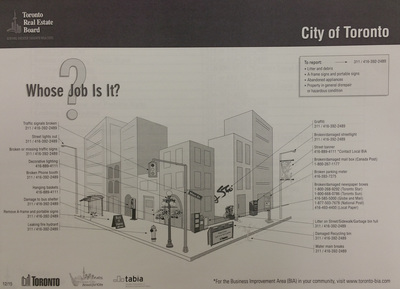
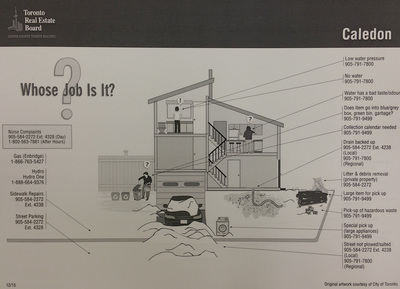
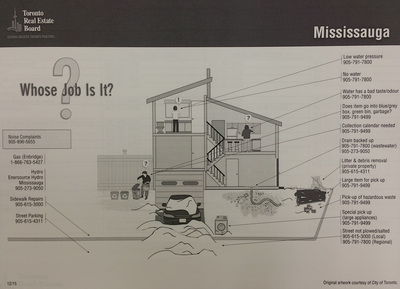
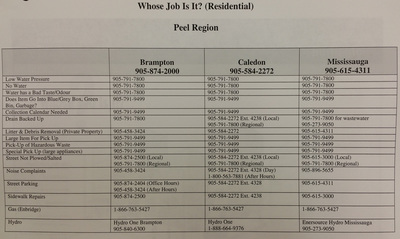
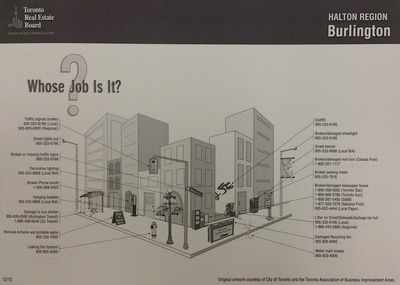
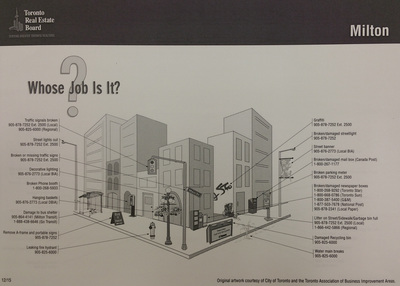
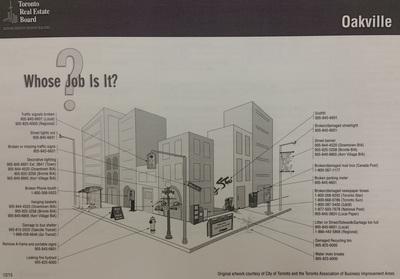
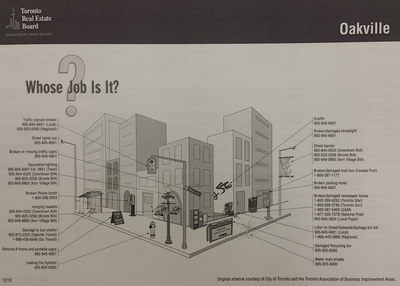
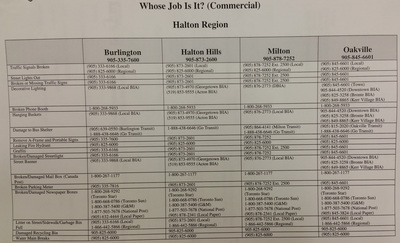
 RSS Feed
RSS Feed
